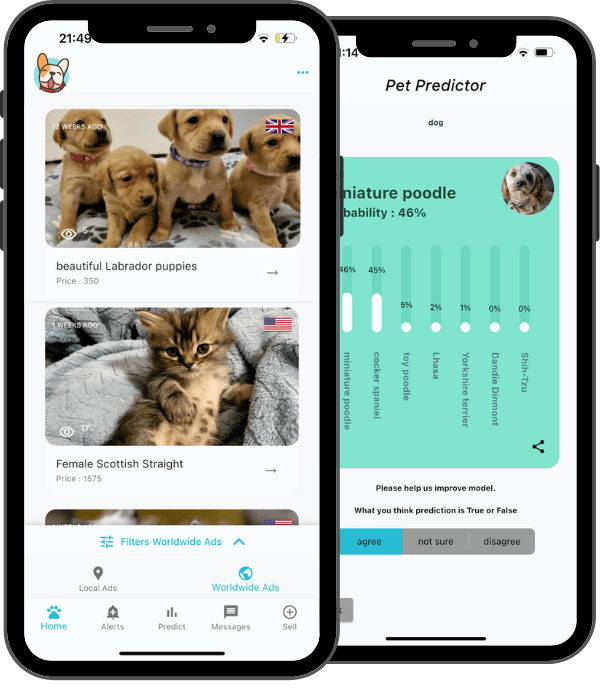In Wigan, there are a few places where you can find a Cats & Kittens for sale. You can visit the local animal shelter or buy one from your neighbor. You can also go online and find a few places where you can buy a kittens. There are some apps that specialise in finding local pets, like Pets Home App. This App is available on Google Play Store and Apple Store, which makes it easier for users to download and use this app on their smartphones.
Wigan
Wigan ( WIG-ən) is a large town in Greater Manchester, England, on the River Douglas. The town is situated midway between the two cities of Manchester, 16 miles (25.7 km) to the south-east, and Liverpool, 17 miles (27 km) to the south-west. Bolton lies 10 miles (16 km) to the north-east and Warrington 12 miles (19 km) to the south. Within the boundaries of the historic county of Lancashire, Wigan is the largest settlement in the Metropolitan Borough of Wigan and is its administrative centre. The town has a population of 107,732 and the wider borough of 330,713.Wigan was in the territory of the Brigantes, an ancient Celtic tribe that ruled much of what is now northern England. The Brigantes were subjugated in the Roman conquest of Britain and the Roman settlement of Coccium was established where Wigan lies.
Wigan was incorporated as a borough in 1246, following the issue of a charter by King Henry III of England. At the end of the Middle Ages, it was one of four boroughs in Lancashire established by Royal charter.
The Industrial Revolution saw a dramatic economic expansion and rapid rise in population. Wigan became a major mill town and coal mining district; at its peak, there were 1,000 pit shafts within 5 miles (8 km) of the town centre. Coal mining ceased in the later 20th century.
Wigan Pier, a wharf on the Leeds and Liverpool Canal, was made famous by the writer George Orwell. In his book The Road to Wigan Pier, Orwell highlighted the poor working and living conditions of inhabitants in the 1930s. Following the decline of heavy industry, Wigan Pier’s warehouses and wharves became a local heritage centre and cultural quarter. The DW Stadium is home to Wigan Athletic Football Club and Wigan Warriors Rugby League Football Club.
